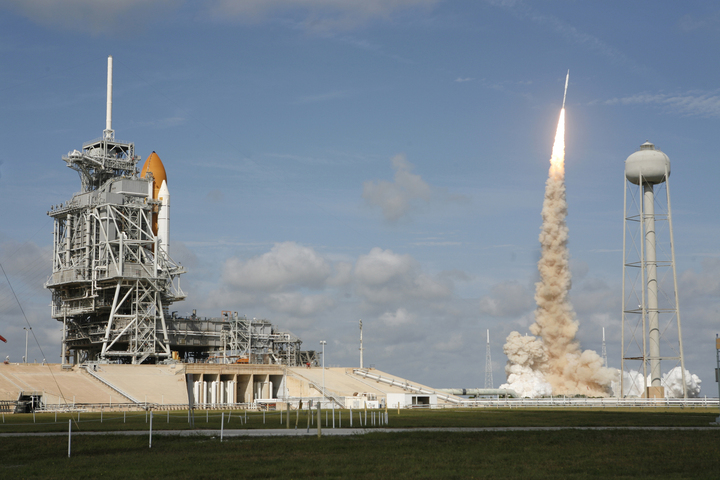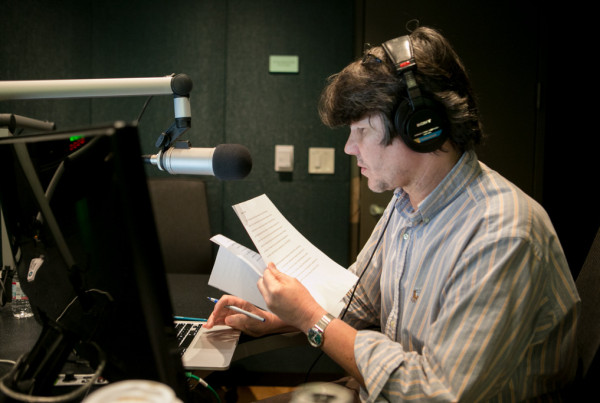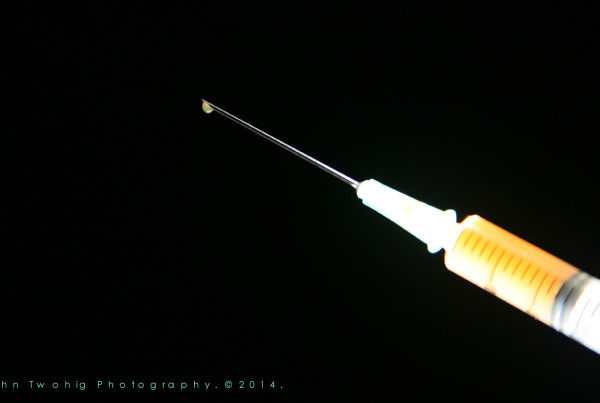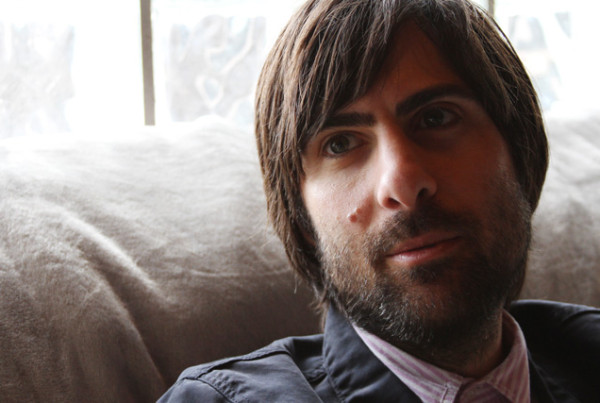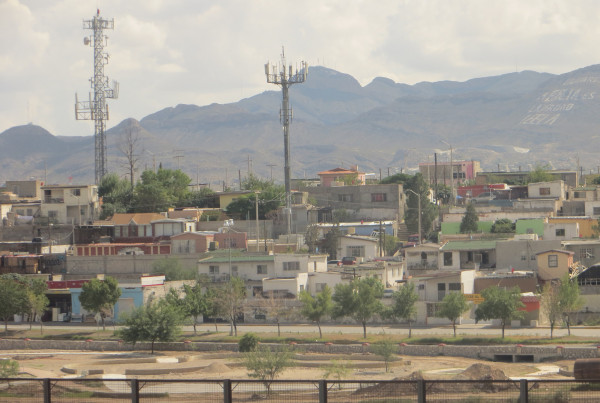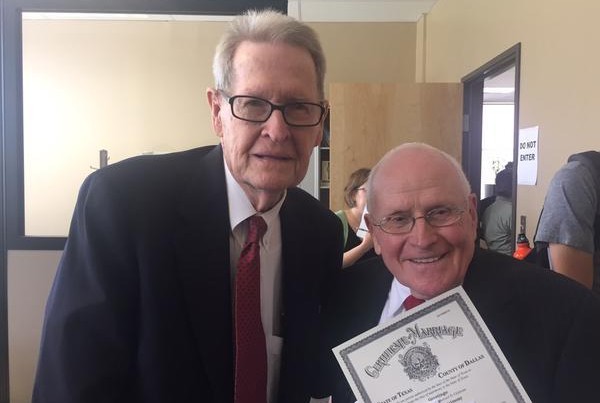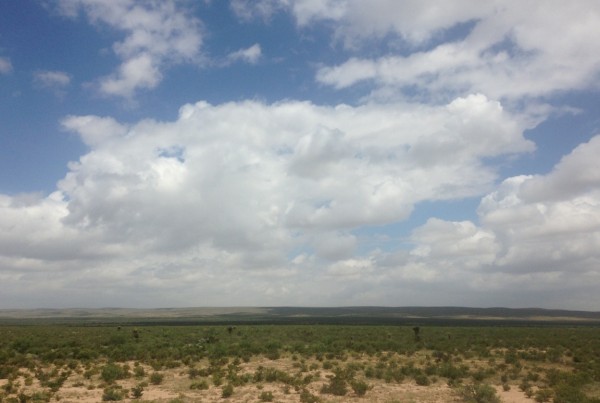SpaceX is looking for answers after its Falcon 9 rocket disintegrated moments after takeoff Sunday morning. The unmanned rocket was carrying 4,000 pounds of food and supplies to the International Space Station – including a water filtration system and a docking adapter to be used in future missions. And although the space station has enough supplies to sustain its crew until fall, this is the third such failure of a cargo mission in recent months.
Wayne Rast of the Texas Space Alliance sat down with Texas Standard and explained that these kinds of things just… happen.
On what this failure means for commercial space flight:
“I think this is a fairly predictable bump in the road and hopefully nothing more. I think we’ve all been spoiled somewhat for a new interim into the space flight paradigm to have 18 straight successes with no failures, particularly catastrophic failures like this. Unfortunately, when people get used to success, they notice a failure all the more. … These kinds of things happen; you have an awful lot of energy in mechanical rockets, and a combination of mechanical things, human things. There’s a lot of things that have to go right in each and every launch and I think they’ve done remarkably well.”
On NASA outsourcing missions:
“I absolutely think that this was both necessary and unavoidable. The problem that NASA has faced in getting beyond Low Earth orbit is it has an awful lot of things to do and not enough funding to do them. All the way back to the vision for space exploration under previous President Bush, it was envisioned that it was always going to be a mix of commercial space and government space but government simply doesn’t have all of the funds necessary to do the things that it needs to do.”
On the impact of building a space economy in Texas:
“It has the potential for that. … You don’t want things to go the wrong direction – but we’ve never had that. I think we’re to the point where that possibility is remarkably rare, but the same things happens with the aircraft. … Bad things can happen; what is possible – what is likely – can be very different. I think by and large, with fairly routine launching operations and occasional failure is probably not going to affect too much. … If people realize this is the nature of this beat sometimes, I really don’t think we’ll have too much.”


